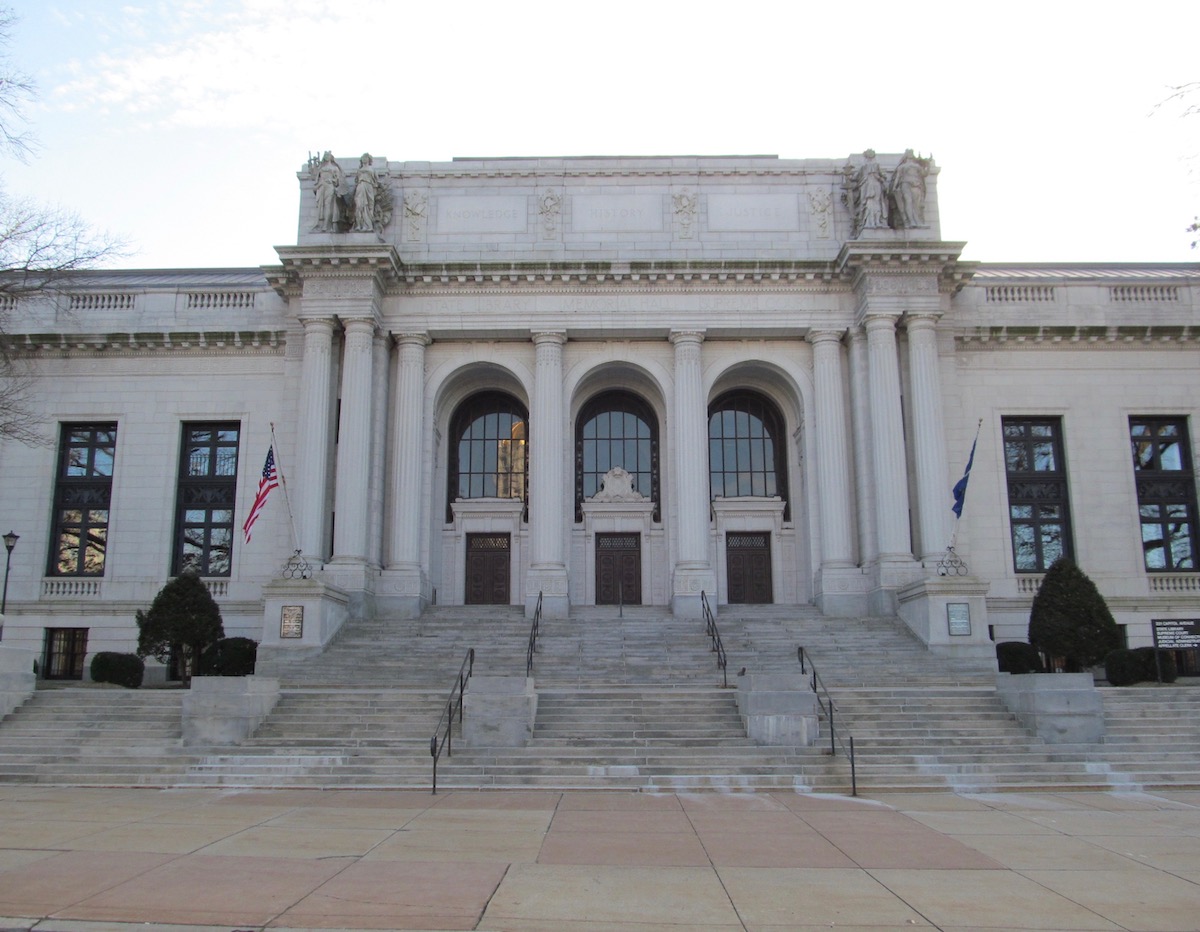
Three years ago, EJUSA joined our partners at the Connecticut Network to Abolish the Death Penalty and a broad coalition of supporters to celebrate Connecticut’s repeal of the death penalty. Now, the Connecticut Supreme Court has taken things a step further and ruled the death penalty unconstitutional.
Repeal in Connecticut was prospective, meaning it only applied to cases after the law was passed. It left 11 men on the state’s death row. The Court said that “the death penalty now fails to satisfy any legitimate penological purpose and is unconstitutionally excessive,” ruling that those 11 men will now be resentenced.
Khalilah Brown-Dean was a tireless supporter of repeal efforts when the issue was in front of the legislature. She is a professor of political science who lost her cousin, Brian Anthony Patterson, to murder. She wrote in support of the Court’s decision, recalling the scores of families of homicide victims who said the death penalty in Connecticut did not address the profound sense of loss they felt in the wake of the murder of their loved ones.
News outlets marked this as yet another example of the death penalty’s demise. EJUSA’s Executive Director, Shari Silberstein, told the Associated Press, “This is one more institution saying this is too broken and it can’t be fixed, and let’s be done with it.” Some are even suggesting that the Court’s decision could be a blueprint for the U.S. Supreme Court to take up the constitutionality of death penalty nationally, an idea that was floated by Justices Breyer and Ginsburg in June as part of their ruling in Glossip v Gross.
In the Connecticut court’s 4-3 decision, the majority said that the death penalty “has become incompatible with contemporary standards of decency in Connecticut,” citing the state’s constitution. Much of the court’s rationale could easily be translated to a national context:
“…the increasing inability to achieve legitimate penological purposes; the freakishness with which the sentence of death is imposed; the rarity with which it is carried out; and the racial, ethnic, and socio-economic biases that likely are inherent in any discretionary death penalty system. Because such a system fails to comport with our abiding freedom from cruel and unusual punishment, we hold that capital punishment, as currently applied, violates the constitution of Connecticut.”
Photo credit: “Connecticut Supreme Court, Hartford Connecticut” by John Phelan – Own work. CC BY 3.0 via Wikimedia Commons.



